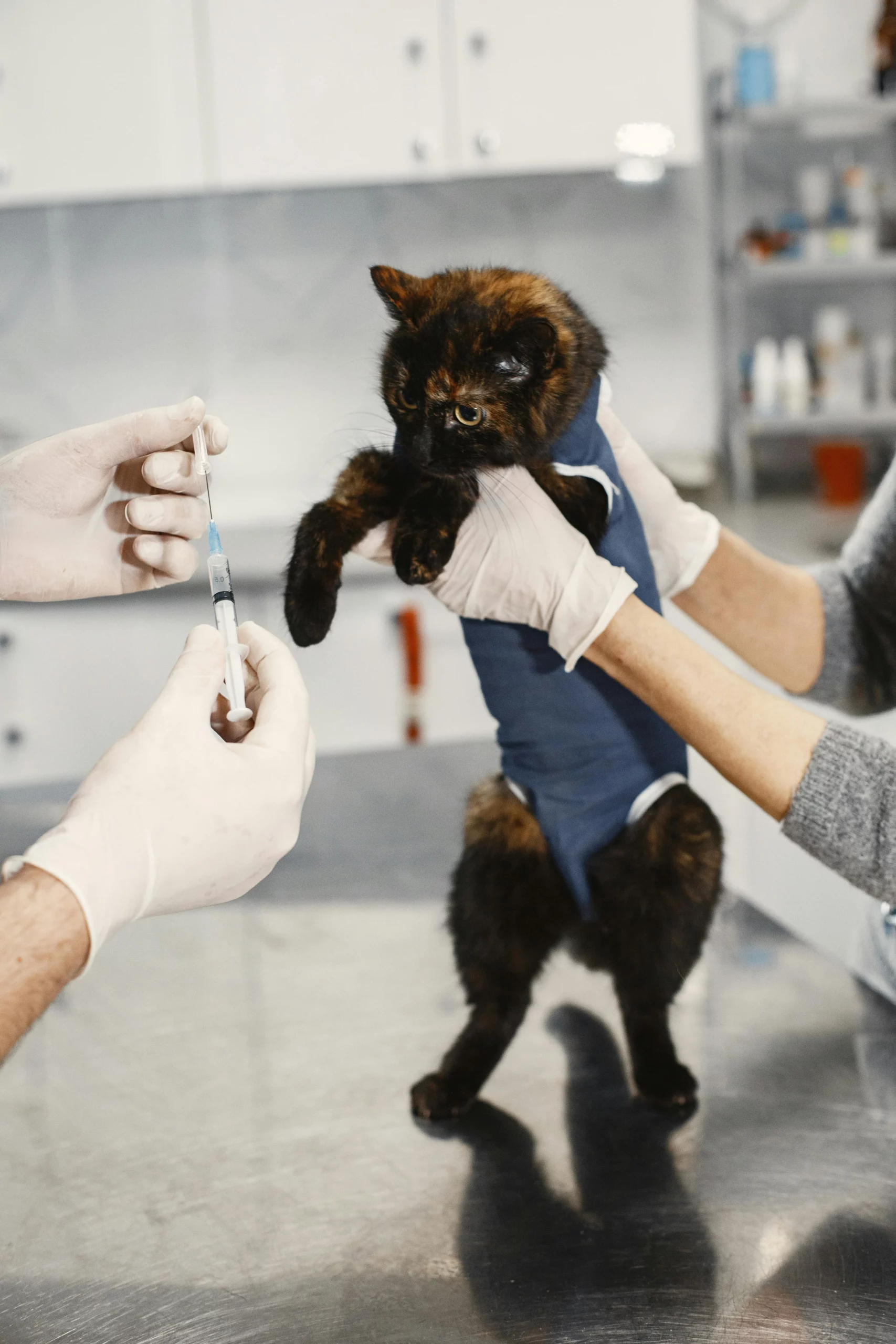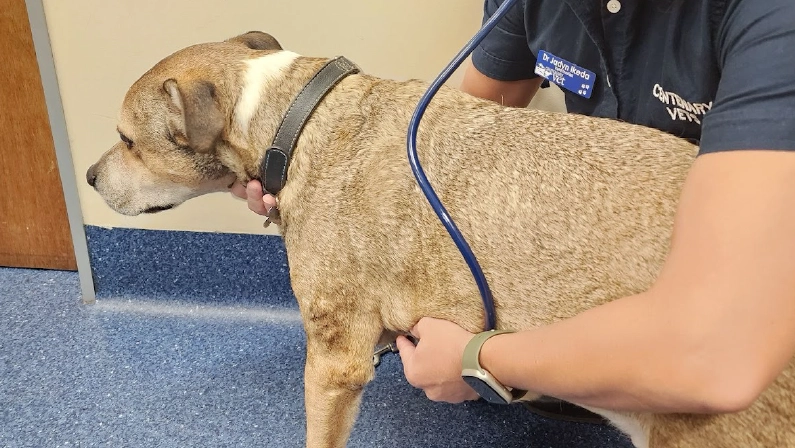Understanding Your Pets Blood Test
Our canine and feline friends don’t always make it known when they have aches, pains or other internal ailments.Blood tests are essential tools we use as part of our veterinary services to find out what’s going on inside your pet. We analyse blood tests with our in-house and external laboratories in order to obtain accurate and timely information about the health of our patients.Our aim is to act early when there is a problem so we can keep our furry friends healthy.
When Do We Do Blood Tests?
Annual blood tests on healthy pets are extremely helpful in providing a baseline on your pets levels & also provide us with early insights for treating disease. We also recommend pre-anaesthetic testing for surgery to identify any hidden problems before your pet undergoes a procedure. This helps us adjust the anaesthesia plan safely and, in some cases, postpone surgery if needed.
What Tests Do We Do?
- Complete Blood Count (CBC) – Measures red blood cells, white blood cells, and platelets. These tests indicate anaemia, infection, leukaemia, stress, inflammation, the blood’s ability to clot, level of hydration, and the body’s immune system.
- Albumin (ALB) – A protein made in the liver. Low levels can mean liver, kidney or intestinal disease.
- Alanine Aminotransferase (ALT) – A liver enzyme which becomes elevated with liver disease.
- Alkaline Phosphatase (ALKP) – An enzyme produced by the cells of the gallbladder. Elevated levels can mean liver disease or Cushing’s disease.
- Amylase (AMY) – An enzyme of digestion secreted by the pancreas, can be elevated with pancreatic or kidney disease.
- Blood Urea Nitrogen (BUN) – Produced by the liver and excreted by the kidneys, abnormal levels can indicate kidney or liver disease.
- Calcium (CA) – An essential element found in blood, increased levels can indicate parathyroid or kidney disease as well as certain types of tumours.
- Cholesterol (CHOL) – Elevated levels can be seen with liver disease, kidney disease, hypothyroidism and genetic disease.
- Creatinine (CREA) – A waste product excreted by the kidneys, high levels can indicate kidney disease.
- Blood Glucose (GLUC) – A blood sugar, high levels can indicate diabetes and low levels can indicate liver disease, infection or certain tumours. Stressed cats can also have a high result.
- Phosphorous (PHOS) – Elevated levels can indicate kidney disease, hyperthyroidism, and bleeding disorders.
- Total Bilirubin (TBIL) – A waste product generated by the breakdown of red blood cells, and are excreted through the liver via the gallbladder. Abnormal levels can indicate anaemia and bile duct disease.
- Total Protein (TP) – A measure of the total protein levels in the blood. Abnormal levels can indicate dehydration and diseases of the liver, kidney and gastrointestinal tract.
*Please be advised the above information is only a basic summary of blood chemistry. Our knowledgeable veterinarians are still required to review your pets blood results in depth and come up with a treatment plan.



